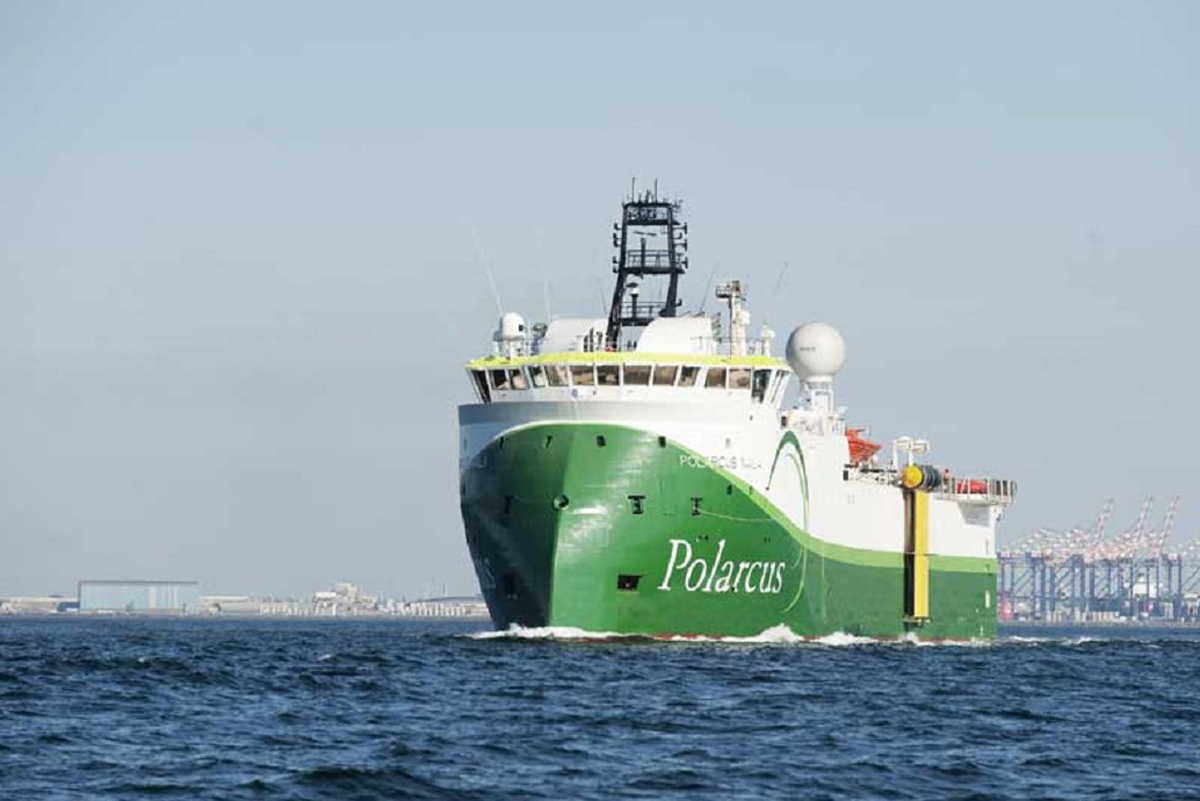Now that Caribbean Community (CARICOM) member countries Guyana and Suriname have joined Trinidad and Tobago as bona fide oil-producing countries in a region that has, over time, had its economies stifled by high global oil prices, all eyes are now on Jamaica which would now appear to be next in line for oil-producer status.
Crunching the numbers and finding sufficiently deep investor pockets to realise that dream is never easy, however. Last week, we learnt that if Jamaica is to drill a single well in the zone believed to be the most likely to yield a commercially viable oil find , the price tag for the operation is likely to be in the region of US$35 million. At least this is what, reportedly, has been told to United Oil and Gas plc., the lead company seeking an oil find offshore Jamaica, by the British-based firm Envoi, specialists in upstream acquisition and divestment, portfolio advice, and project marketing, for the international oil and gas industry.
This is reportedly the first time that a specific figure has been floated for the amount of funds required to sink the oil exploration well and if it wants to go ahead with the sinking of the well, United Oil will now require an investment partner with deep pockets to share the costs of a probe which, for the moment at least, offers strong possibilities… no more.
United Oil, a report on the development said, is now casting around for a suitably resourced and experienced offshore partner with whom to take the plunge.
Time, it should be stated, may not be altogether on United Oil’s side. The exploration licence issued by the Jamaican government, stipulates that the company make a ‘drill or drop’ decision on the venture by January 2022. Accordingly, it appears that the outcome of the Caribbean’s next serious offshore oil hunt will turn on whether or not the lead company pursuing oil in Jamaica can find a willing partner to drill what is believed to be a well that holds considerable prospects, in a matter of months.
Last year, the firm Gaffney, Cline and Associates conducted an estimate within the Walton Block, where significant oil deposits are believed to be located and declared that the equivalent of 2.4 billion barrels of substances resembling oil are believed to be located there.
Standing on relatively fragile financial legs at this time, United Oil reportedly began earning from its assets in Egypt just last year, securing a profit of US$853,000 for the company on revenue of US$9 million at year ending December 2020. This compares with a net loss of US$2.1 million in the previous year when the company earned no revenue.
From United Oil’s perspective, however, things are looking up. Recently, the company’s Chief Executive Officer Brian Larkin was quoted as saying that “things are looking up” and further asserting that the company had entered this year “in a position of strength” while predicting that 2021 will be “a year of strong news flow, with a significant number of value triggers to occur.”
From a Caribbean perspective, the outcome of the United probe will help to provide a clearer assessment of just where the region is positioned in terms of its oil clout on the back of what could turn out to be the most dramatic turnaround in the economic fortunes of a region based on oil discoveries since that which occurred in the Middle East after the oil-driven economic transformation of that region almost half a century ago.






